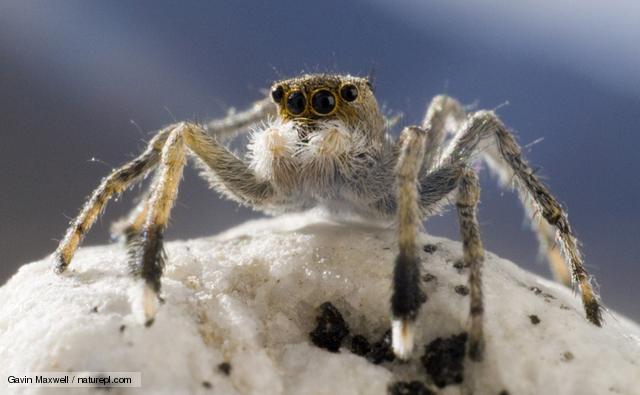I opted for Nature on PBS rather than the Grammys the other night – it seemed a reasonable choice for a nature geek. How was I to know that Lady Gaga would reveal that her parents were monotremes? I’ll leave the venomous spur speculation to the internet tabloids… Seriously, the Nature pick was a good one; the episode was “The Himalayas” and it featured quite a few favorites of mine: Mt. Kailas – the axis mundi, Temminck’s tragopan, takin, big rivers in deep gorges, and rhododendrons. It also introduced me to something I was unfamiliar with – aeolian biomes. To quote L. W. Swan who coined the term (and who seems to have been a major, though as far as I can tell, uncredited influence on this Nature ep), “…I had discovered something that was beyond and quite different to what was called the alpine region, or alpine tundra, the zone of the highest life. This was a new zone, a zone based on atmospheric nutrients, a zone of the wind. I would eventually call it the Aeolian Biome.” * I’ll embed the relevant chapter from Swan’s Tales of the Himalaya – he describes the history of high altitude spiders better than I ever could (and he was there for important pieces of it).
*
I can’t resist pulling another quote – it’s the naturalist’s version of turtles all the way down. “When queried on this subject, Hingston, presumably when he was in his least lucid mood, vaguely suggested that the spiders may eat other spiders.”
The relevant Nature segment:
Watch the full episode. See more Nature.
*
And the whole show (tragopan display at 42:00 or so):
Watch the full episode. See more Nature.
*
Euophrys omnisuperstes and tachikoma – love the resemblance.
Euophrys omnisuperstes.
Tachikoma.


